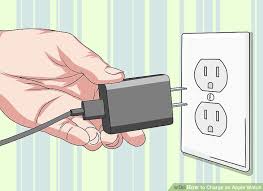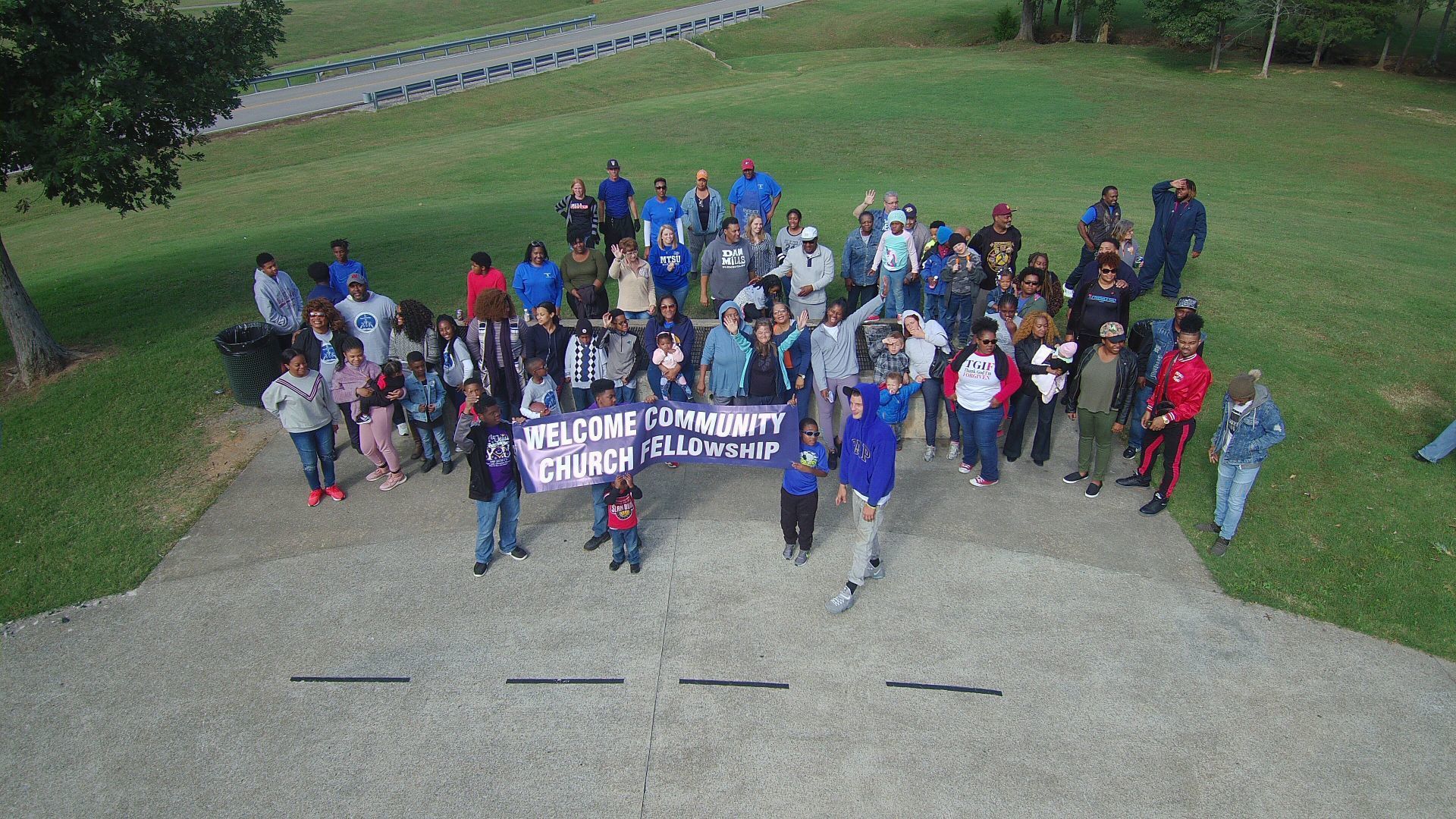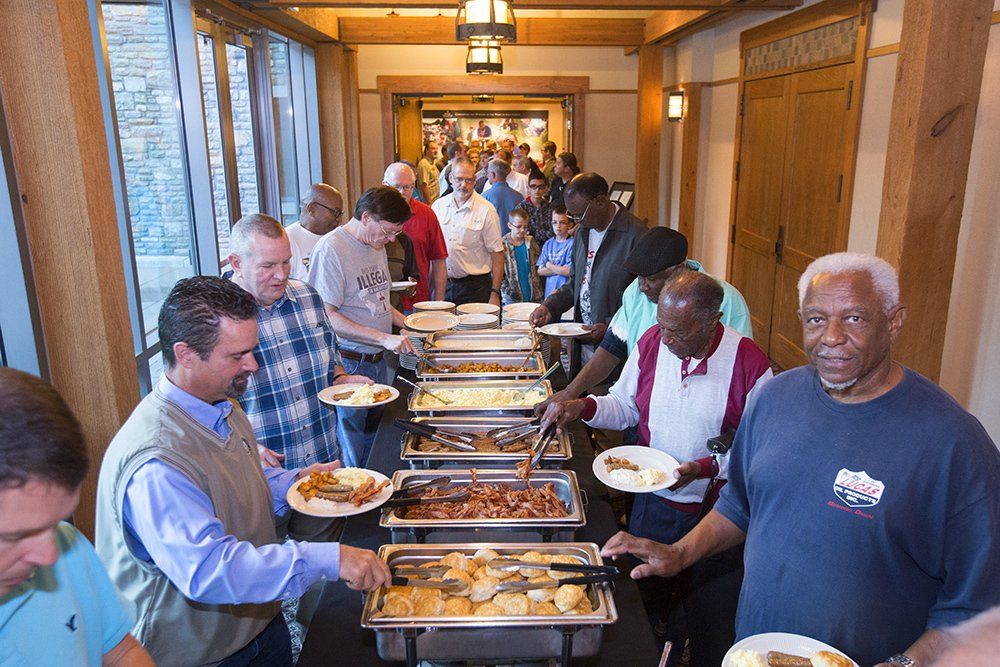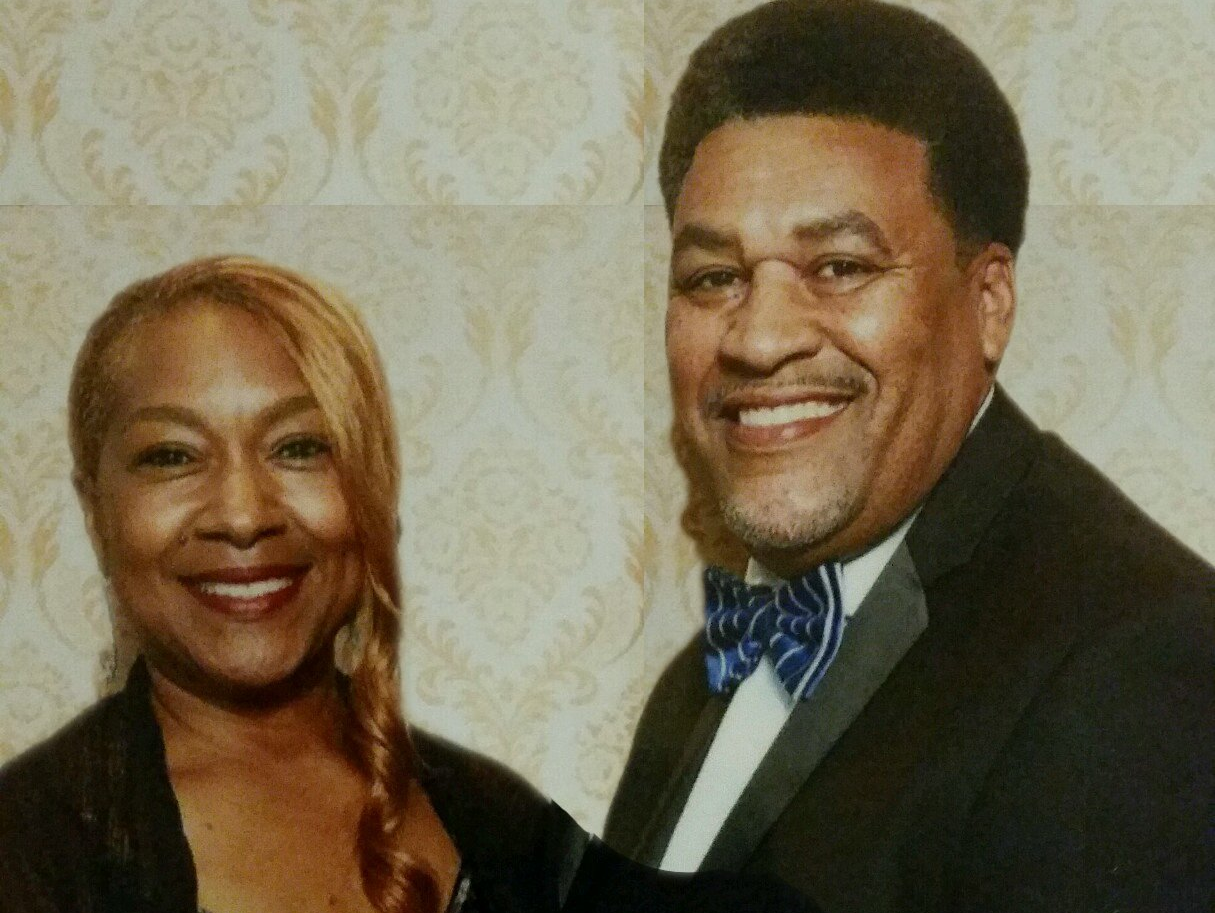Gospel AKA (The Good News)
Recent Posts
GHOP's Weekly Blog

Resilience can help you meet life’s biggest challenges. Discover how embracing specific lifestyle habits can help you build resilience. Imagine that you are a rubber band. If you are resilient, you can stretch and expand, eventually returning to a shape and condition that feels like you. Lacking resilience, you become like an overstretched, brittle band, breaking under the slightest strain. You are born with a certain amount of innate resilience and build more throughout your childhood, and resilience is also a skill that can be learned as an adult. Some specific lifestyle habits create resilience. Bringing those habits into your daily routine creates elasticity—the ability to stretch—so that when you are faced with adversity, you have the space within yourself to be present and engage with the challenge rather than be broken by it. Here are five lifestyle practices that help you respond to rather than react to life’s challenges. 1. Get enough sleep. Not getting enough sleep can put you on edge even during non-stressful days. Your ability to think clearly and rationally is seriously impaired. Sleep hygiene is important to pay attention to. If you find that you are not sleeping for a stretch and have cleaned up your pre-bedtime habits, you might consider acupuncture or cognitive behavioral therapy to smooth your path back to sweet dreams. 2. Valuing strong social bonds. Oxytocin is a powerful hormone that increases when you have a strong and healthy connection with others. Knowing that you have people you can reach out to when difficult situations arise creates an added layer of resilience. Connected to this is reaching out to others, which creates powerful psychological and physiological responses that further move the needle away from an overpowering stress response. 3. Self-regulating your emotions. If you find yourself flying off the handle at the slightest provocation, which then initiates a whole cascade of stress in your body, you will benefit from practicing ways to manage your level of emotional response. Redirecting your full attention can be an in-the-moment strategy but learning and leveraging tools such as cognitive reappraisal and self-regulation can help you manage your emotions and build a host of other self-care skills. 4. Meditation has proven benefits with regards to emotional regulation, and there is promising research showing that listening to delta frequency binaural beats can create positive changes in this regard as well. 5. Cultivating positive emotions. Positive emotions, which include not just happiness, but also purpose, curiosity, learning, and wonder, create the physiology of resilience. We become more resourceful and creative in finding solutions, and the overall tone of our life becomes more optimistic: We can create positive stories and see the lessons in our circumstances. Exercising. Physical movement has a proven track record of helping to keep stress at bay. It is important to note that intense physical exercise can elevate levels of the stress hormone cortisol, therefore raising, rather than lowering, your reactive threshold. Light exercise—a walk around the block with a friend or in nature—can help lower it. Meditating on the word of God also has been shown to be a powerful buffer for stress, consequently increasing resilience. (Kalia Kelmenson, 2020 )

In our immensely populated, impersonal world, it is easy to underestimate the significance of one person. With so many people, most of whom seem so much more capable, more gifted, more prosperous, more important than we, who are we to think our part amounts too much? You may say, I’m just one person, who cannot make much difference. That’s the way most folks think. They really do! Aren’t you glad Rosa Parks didn’t? And Hank Aaron? And Martin Luther King, Jr.? And Muhammad Ali? And Harriet Tubman? And Jackie Robinson? And Frederick Douglass? And Dr. Charles Drew? And Thurgood Marshall? And Jesse Owens? “But you say, it’s a different world today, This world already has its hero’s.” You say. Back then, there was room for an individual to emerge and stand out in a crowd. You say that was then and this is now, but now, there’s no way that I can make a difference!” Wrong. God has always honored individual involvement and He still does. How many did it take to help the victim who got mugged on the Jericho Road? One Good Samaritan. How many were chosen by God to confront Pharaoh and lead the Exodus? One. How many sheep got lost and became the object of concern to the shepherd? One. How many were needed to confront adulterous David and bring him to his knees in full repentance? One. How many prophets were called to stand before wicked King Ahab and predict a drought? One. How many did the Lord use to get the attention of the land of Israel and prepare the way for Messiah? One. Never underestimate the power of one! And that one just may just be you.

Resilience can help you meet life’s biggest challenges. Discover how embracing specific lifestyle habits can help you build resilience. Imagine that you are a rubber band. If you are resilient, you can stretch and expand, eventually returning to a shape and condition that feels like you. Lacking resilience, you become like an overstretched, brittle band, breaking under the slightest strain. You are born with a certain amount of innate resilience and build more throughout your childhood, and resilience is also a skill that can be learned as an adult. Some specific lifestyle habits create resilience. Bringing those habits into your daily routine creates elasticity—the ability to stretch—so that when you are faced with adversity, you have the space within yourself to be present and engage with the challenge rather than be broken by it. Here are five lifestyle practices that help you respond to rather than react to life’s challenges. 1. Get enough sleep. Not getting enough sleep can put you on edge even during non-stressful days. Your ability to think clearly and rationally is seriously impaired. Sleep hygiene is important to pay attention to. If you find that you are not sleeping for a stretch and have cleaned up your pre-bedtime habits, you might consider acupuncture or cognitive behavioral therapy to smooth your path back to sweet dreams. 2. Valuing strong social bonds. Oxytocin is a powerful hormone that increases when you have a strong and healthy connection with others. Knowing that you have people you can reach out to when difficult situations arise creates an added layer of resilience. Connected to this is reaching out to others, which creates powerful psychological and physiological responses that further move the needle away from an overpowering stress response. 3. Self-regulating your emotions. If you find yourself flying off the handle at the slightest provocation, which then initiates a whole cascade of stress in your body, you will benefit from practicing ways to manage your level of emotional response. Redirecting your full attention can be an in-the-moment strategy but learning and leveraging tools such as cognitive reappraisal and self-regulation can help you manage your emotions and build a host of other self-care skills. 4. Meditation has proven benefits with regards to emotional regulation, and there is promising research showing that listening to delta frequency binaural beats can create positive changes in this regard as well. 5. Cultivating positive emotions. Positive emotions, which include not just happiness, but also purpose, curiosity, learning, and wonder, create the physiology of resilience. We become more resourceful and creative in finding solutions, and the overall tone of our life becomes more optimistic: We can create positive stories and see the lessons in our circumstances. Exercising. Physical movement has a proven track record of helping to keep stress at bay. It is important to note that intense physical exercise can elevate levels of the stress hormone cortisol, therefore raising, rather than lowering, your reactive threshold. Light exercise—a walk around the block with a friend or in nature—can help lower it. Meditating on the word of God also has been shown to be a powerful buffer for stress, consequently increasing resilience. (Kalia Kelmenson, 2020 )

In our immensely populated, impersonal world, it is easy to underestimate the significance of one person. With so many people, most of whom seem so much more capable, more gifted, more prosperous, more important than we, who are we to think our part amounts too much? You may say, I’m just one person, who cannot make much difference. That’s the way most folks think. They really do! Aren’t you glad Rosa Parks didn’t? And Hank Aaron? And Martin Luther King, Jr.? And Muhammad Ali? And Harriet Tubman? And Jackie Robinson? And Frederick Douglass? And Dr. Charles Drew? And Thurgood Marshall? And Jesse Owens? “But you say, it’s a different world today, This world already has its hero’s.” You say. Back then, there was room for an individual to emerge and stand out in a crowd. You say that was then and this is now, but now, there’s no way that I can make a difference!” Wrong. God has always honored individual involvement and He still does. How many did it take to help the victim who got mugged on the Jericho Road? One Good Samaritan. How many were chosen by God to confront Pharaoh and lead the Exodus? One. How many sheep got lost and became the object of concern to the shepherd? One. How many were needed to confront adulterous David and bring him to his knees in full repentance? One. How many prophets were called to stand before wicked King Ahab and predict a drought? One. How many did the Lord use to get the attention of the land of Israel and prepare the way for Messiah? One. Never underestimate the power of one! And that one just may just be you.



